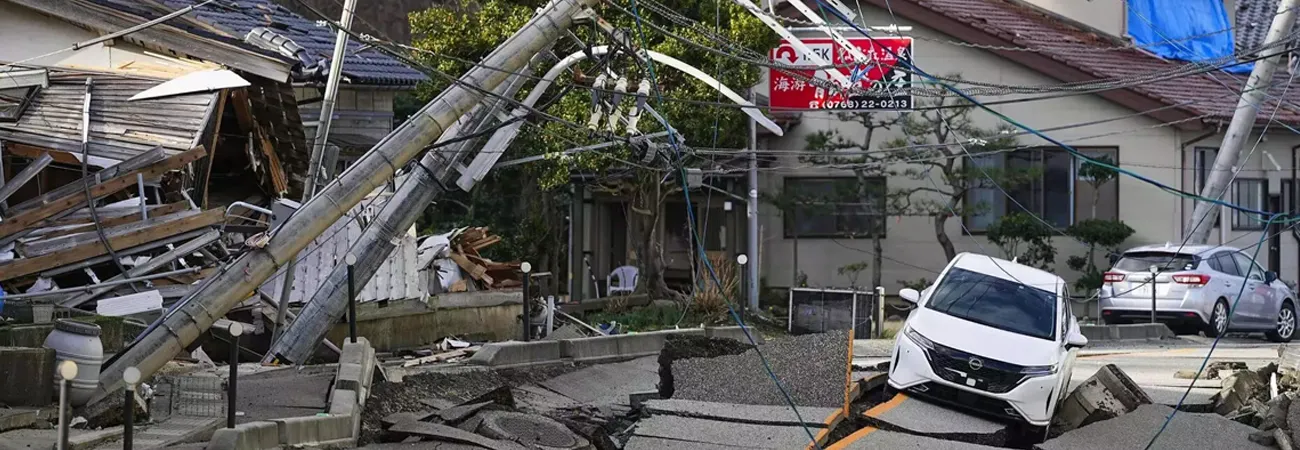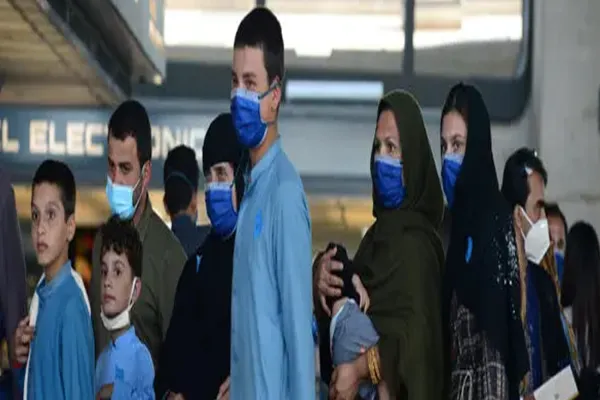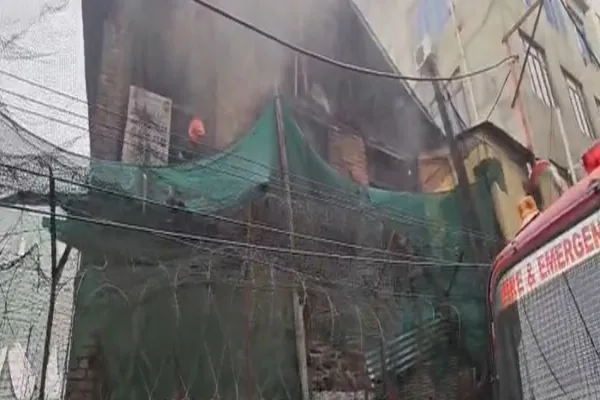i NEWS INTERNATIONAL
The death toll from a devastating earthquake in central Japan rose to 92 on Friday, regional authorities said, with the number of missing jumping to 242. Two elderly women were pulled from the rubble, but hopes of finding other survivors faded as thousands of rescuers raced against the clock four days after the 7.5-magnitude quake on New Year's Day. Thousands of rescuers from all over Japan have been battling aftershocks and roads littered with gaping holes and blocked by frequent landslides in the Ishikawa region to reach hundreds of people in stranded communities. On Thursday afternoon, 72 hours after the quake, the two older women were miraculously pulled alive from the remains of their homes in Wajima, one of them thanks to a sniffer dog called Jennifer. The port city of Wajima on the Noto Peninsula was one of the worst hit, with a pungent smell of soot still in the air and faint columns of smoke visible from a huge fire that destroyed hundreds of structures on the first day. "I was relaxing on New Year's Day when the quake happened. My relatives were all there and we were having fun," Hiroyuki Hamatani, 53, told reporters amid the burnt-out cars, wrecked buildings and fallen telegraph poles.
"The house itself is standing but it's far from livable now... I don't have the space in my mind to think about the future," he said. - Grief - The powerful main tremor, followed by hundreds of aftershocks, injured at least 330 people, local authorities said. Around 30,000 households were without electricity in the Ishikawa region, and 89,800 homes there and in two neighbouring regions had no water. Hundreds of people were in government shelters. The Suzu area was also devastated, with fishing boats sunk or lifted like toys onto the shore by tsunami waves that also reportedly swept one person away. Noriaki Yachi, 79, fought back tears after his wife was pulled from the rubble there and confirmed dead, the Asahi Shimbun daily reported. "My life with her was a happy one," Yachi said. Japan experiences hundreds of earthquakes every year and most cause no damage, with strict building codes in place for more than four decades. Earthquakes have hit the Noto region with intensifying strength and frequency over the past five years. The country is haunted by a massive 9.0-magnitude undersea quake in 2011, which triggered a tsunami that left around 18,500 people dead or missing. It also swamped the Fukushima atomic plant, causing one of the worst nuclear disasters in history.
Credit: Independent News Pakistan (INP)









